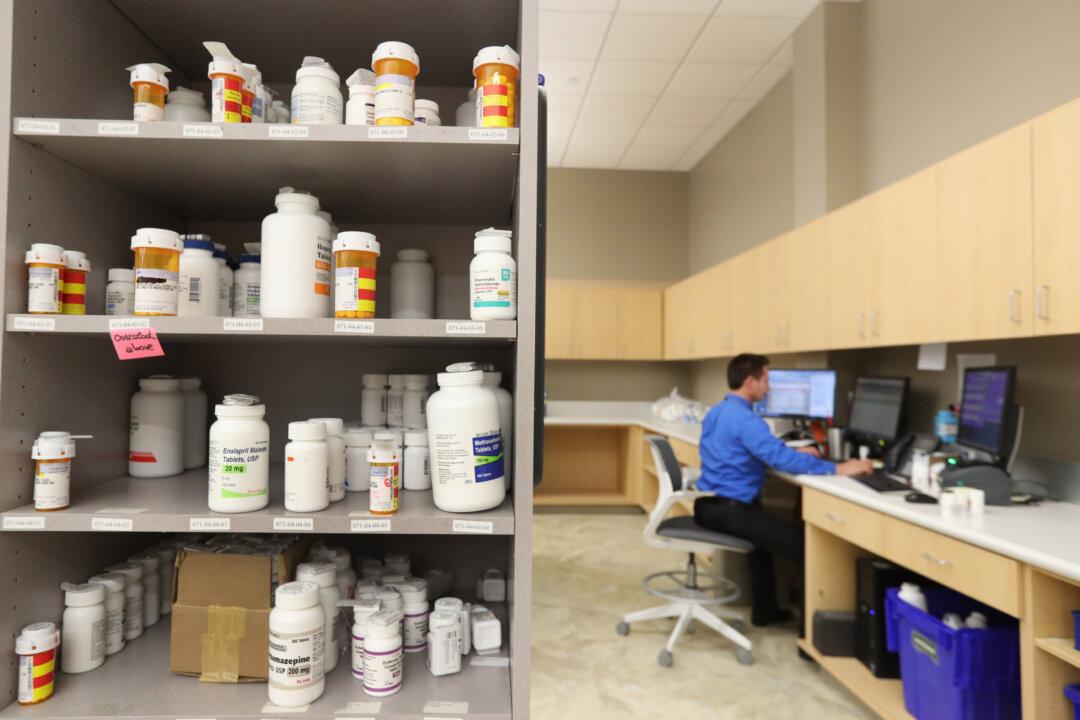WASHINGTON—America’s dependence on China for thousands of medicines has been a concern for years, but the recent coronavirus (officially known as COVID-19) outbreak has heightened those concerns. It has disrupted the inspection of drugs and medical devices in China, prompting warnings from experts.
In January, the State Department announced a highest-level warning not to travel to China amid the rapidly-spreading virus. As a result, the U.S. Food and Drug Administration (FDA) also recalled its inspectors from China, raising concerns about the quality of drugs that are being imported from the country.





